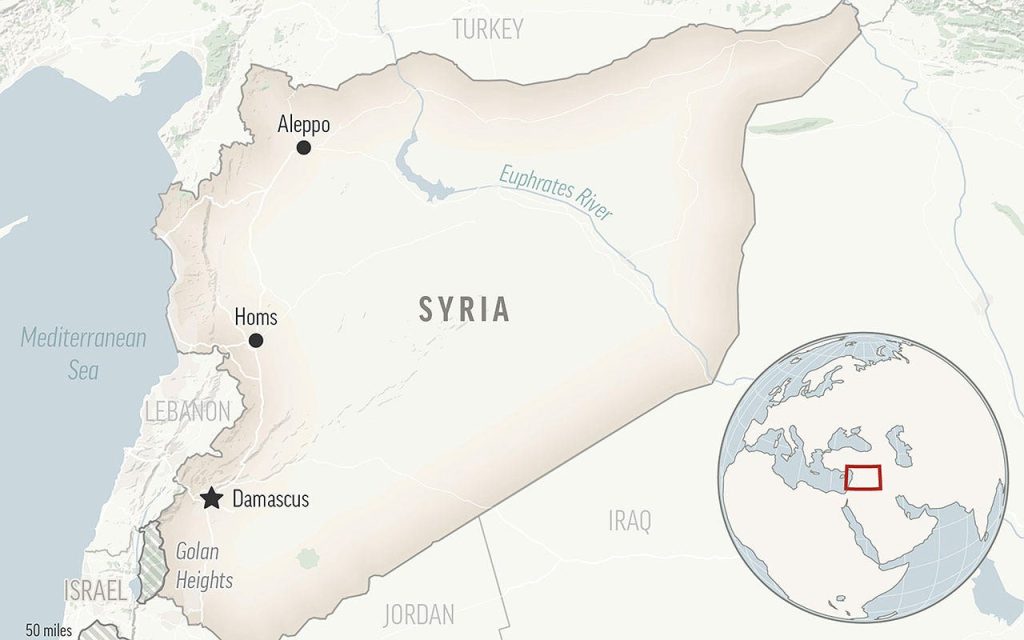The United States has conducted a significant repatriation effort, bringing back 11 of its citizens from camps in northeastern Syria that house family members of suspected Islamic State militants. This operation marks the largest repatriation carried out by the U.S. from these camps thus far. In addition to the American citizens, the U.S. facilitated the repatriation of 11 other camp residents, including eight children, to countries such as Canada, the Netherlands, and Finland. The camps are managed by local authorities affiliated with the U.S.-backed Syrian Democratic Forces.
Despite the recent increase in repatriations, many countries remain hesitant to bring back their citizens from the al Hol and al Roj camps, which currently hold around 30,000 individuals from over 60 countries, the majority of whom are children. The SDF and its allies, with support from the U.S.-led coalition forces, were successful in defeating the Islamic State group in Syria in 2019, effectively ending the group’s control over a large region that straddles Iraq and Syria. However, the camps continue to face challenges such as inhumane living conditions and reported abuses.
Human rights organizations have been vocal in highlighting the need for countries to take responsibility for their citizens in the camps, advocating for repatriation, rehabilitation, reintegration, and ensuring accountability for any crimes committed. U.S. Secretary of State Antony Blinken emphasized the importance of finding a “durable solution” to the humanitarian and security crisis in these facilities. While neighboring Iraq has recently repatriated hundreds of its citizens, the issue remains a complex and sensitive one for many countries.
The repatriation efforts undertaken by the United States signal a step towards addressing the ongoing challenges faced by the camps in northeastern Syria. The U.S. government has shown a commitment to bringing back its citizens from these facilities, as well as assisting in the repatriation of other camp residents to other countries. By supporting these efforts, the U.S. aims to contribute to resolving the humanitarian and security crisis in the camps, which have been a focal point for concerns about living conditions and abuses.
Going forward, it will be essential for countries to continue working together to find comprehensive solutions for the individuals in these camps, ensuring that all individuals are treated fairly and humanely. The involvement of the international community, including the United States, will be crucial in addressing the complex challenges posed by the camps and in supporting efforts to repatriate individuals to their home countries. By prioritizing the repatriation, rehabilitation, and reintegration of individuals from the camps, countries can work towards long-term solutions for the humanitarian and security crisis in northeastern Syria.













